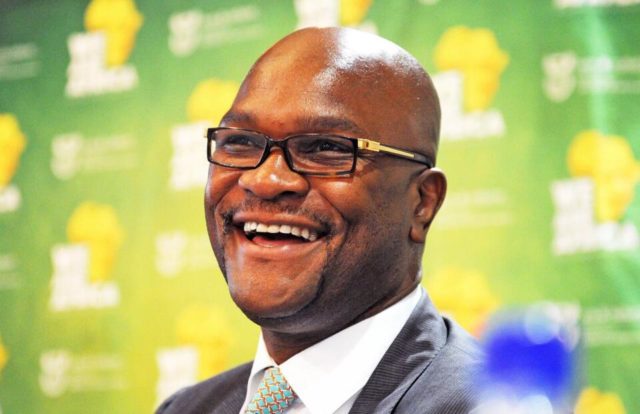The Minister of Sport, Arts and Culture, Nathi Mthethwa, emphasised the need to heal divisions of the past that were perpetuated along the lines of race, language, culture, religion and other social constructs during National Reconciliation Day celebrations in Kakamas on Thursday.
THE MINISTER of Sport, Arts and Culture, Nathi Mthethwa, emphasised the need to heal divisions of the past that were perpetuated along the lines of race, language, culture, religion and other social constructs during National Reconciliation Day celebrations at the Cilliers sports ground in Kakamas on Thursday.
He also highlighted the need to deal with the scourge of gender-based violence and femicide, especially over the national lockdown.
“Many women and children found themselves trapped without reprieve in homes with their abusers during this time. This scourge has been dubbed the ‘second pandemic’. It is for this reason that we now have the national strategic plan against gender-based violence and all government departments and state entities have been instructed to institute strategic measures to tackle this scourge.”
Mthethwa added that communities and families need to work closely with law enforcement agencies to eliminate gender-based violence in private spaces.
“Too often the perpetrators of gender-based violence are those known by the victims. This calls for joint efforts by all in ensuring that women and children begin to enjoy safer spaces and are guaranteed the same personal freedoms and safety as their male counterparts.”
He appealed to state agencies and civil society groups to advocate for men and boys to become an integral part of the struggle against gender-based violence.
“It is about time that men and young boys shoulder the responsibility for ending gender-based violence and femicide.
“There can be no real reconciliation in this country, nor can we be a nation at peace with itself, if the scourge of gender-based violence and femicide persists.”
Mthethwa believed that reconciliation needed to address social and economic inequalities.
“Reconciliation has to be about a real change in the material conditions so that the quality of life of our people disadvantaged by colonialism and apartheid progressively improves.
“For reconciliation to be meaningful, black people, and black women in particular, need to be economically empowered.”








